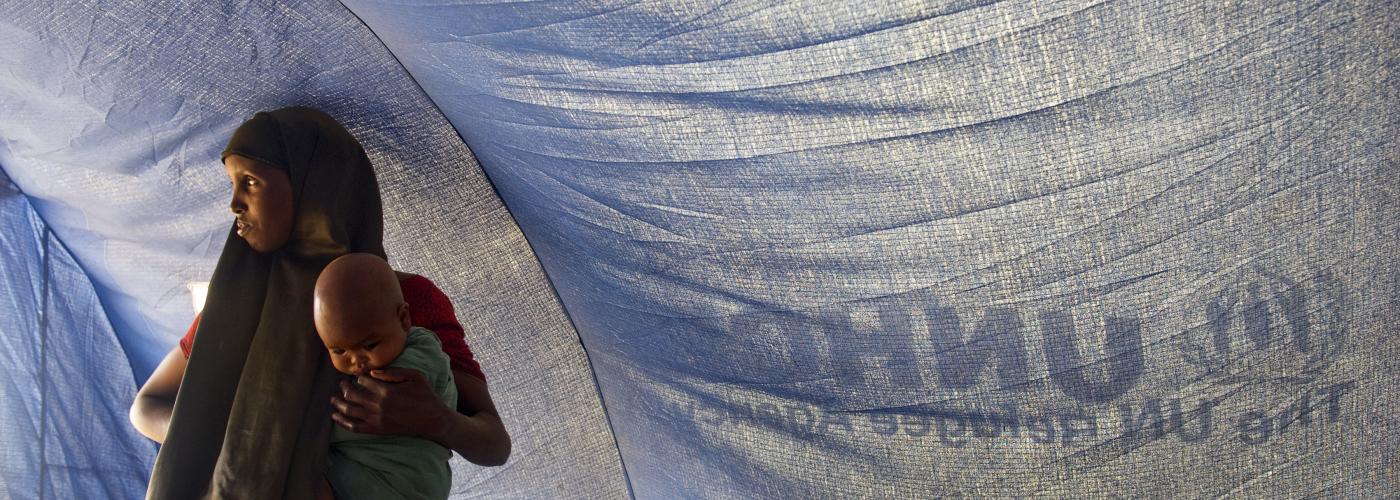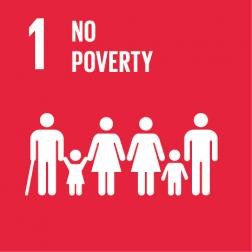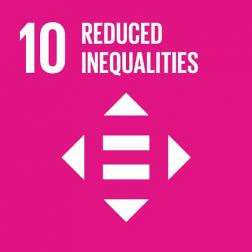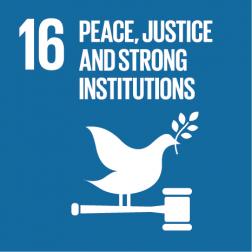General information
Title
Mobile Data Analytics for Development in Uganda
ID
XM-DAC-2-10-3017724
CRS ID
00100844 - 00096952
Start date
End date
Activity status
Completion
Budget
€1.184.040
Actor
UNCDF - Capital Development Fund UNCDF_FENU - UNCDF - PRT
Country
UGANDA
Sector
Government and civil society - Public sector policy and administrative management
Policy markers
Gender 1
Good Governance 1
Aid type
Project-type interventions
Priority partner country
Yes
Fragile state
Yes
Least developed country
Yes
Budgetline
54 16 356049 Society-building and good governance
Finance type
GRANT
Tied status
No
Flow type
ODA
SDGs
Body
General
Using mobile data for development is growing in importance to a wide range of development actors. There are a variety of different uses and considerations when using mobile data. As noted by UN Global Pulse, Call Detail Records (CDRs) provide several dimensions of analysis that can be measured and used by the Mobile Network Operators (MNOs) and other businesses and organizations to identify mobility, social interaction and economic activity. Beyond CDRs, information from one or more MNOs core network and switching system, value added services downloads and usage, and even handset information can yield valuable insights into individual and collective behavior, including migratory patterns, seasonality of businesses or the spread of diseases. This data can also be combined and analyzed with other data sets to identify deeper patterns and correlations such that mobile data can either identify or predict conditions or behaviors of individuals (such as business activity, creditworthiness, transportation habits or needs) or communities (such as the identification of poverty “pockets” or the likely spread of diseases). Mobile data is increasingly being used for social purposes, helping national and local governments, NGOs and socially responsible investors identify the service needs of communities. The global objective is to offer the citizens of Uganda a more transparent and fact-based decision-making process to improve economic and social impact and more specifically Citizens have access to new and/or improved services that respond to their needs. This should translate into improved and more targeted services for the citizens by government, development organizations and the private sector. For example, mobile data analytics can provide detailed insight in mobility patterns, allowing for better urban planning and potentially leading to a decrease in traffic congestion and shorter commutes. Governments can also use mobile data analytics to better target and deliver other key services, such as social security payments and access to energy.
The specific objectives are:
• Government, regulators and other data providers improve the quality and accessibility of data and statistics
• Government officials and regulators use the platform to target and monitor services, and to pursue policies to make services more available, accessible, affordable, and reliable
• Pilot partners improve or develop new services based on the data analytics
• Other stakeholders and/or pilot partners develop their own Apps based on the Platform to improve their value proposition and service delivery
• Government decision making is transparent and better targeted.
Results
- Government, regulators and other data providers improve the quality and accessibility of data and statistics
- Government officials and regulators use the platform to target and monitor services, and to pursue policies to make services more available, accessible, affordable, and reliable
- Government decision-making is transparent and better targeted
- Pilot partners improve or develop new services based on the data analytics
- Other stakeholders and/or pilot partners develop their own Apps based on the Platform to improve their value proposition and service delivery





